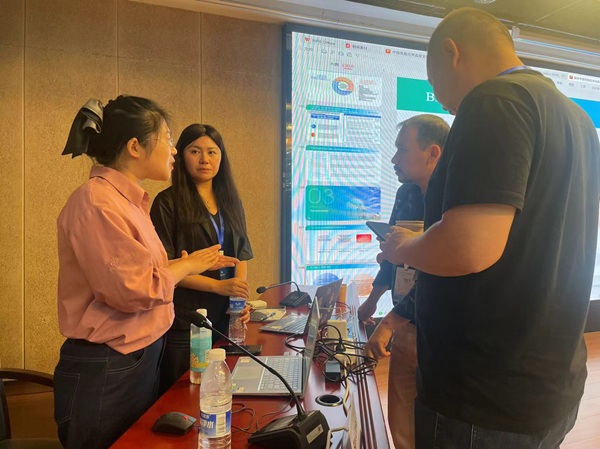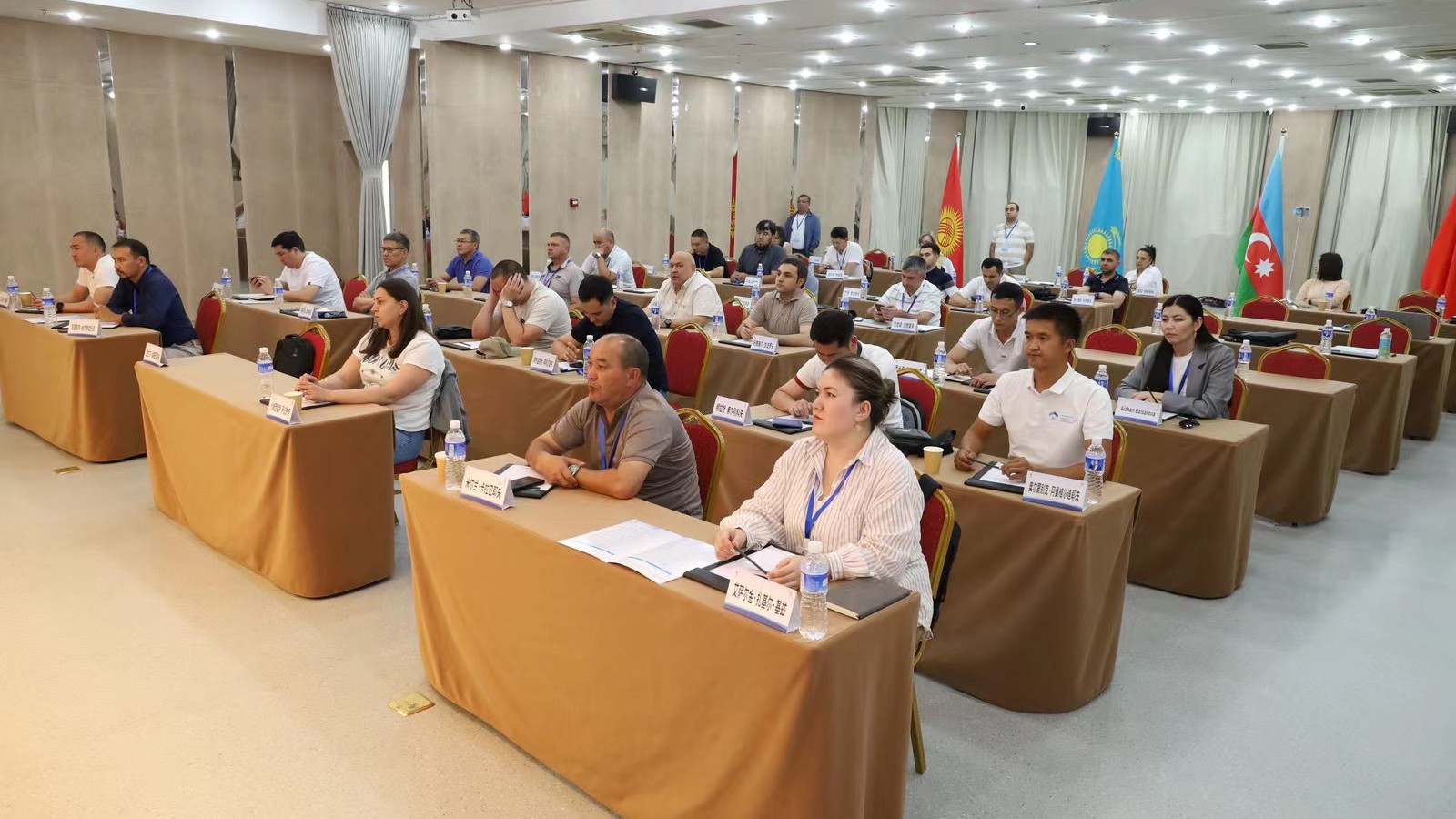China Chemical Safety Association Expert Shares Hazardous Chemicals Management Experience with Delegates from Central Asian Countries
On June 25th, Wang Xin, a senior expert from the China Chemical Safety Association (CCSA), was invited to deliver a lecture for the "Belt and Road" Enterprise Safety and Sustainable Development Capacity Building Training Course. Tailoring her presentation to the national conditions and safety management needs of Central Asian countries, she used China's practices as a model to share China's experience in hazardous chemicals production safety management. This was achieved through case study analysis, systematic framework explanation, and interactive discussions.

Wang Xin systematically introduced the top-level design logic of China's work safety regulations and standards system. She focused on explaining the implementation framework of core regulations such as the "Regulations on the Safety Management of Hazardous Chemicals," and shared practical cases on risk classification and control, hidden danger investigation and rectification, and the construction of the dual prevention mechanism. She also analyzed typical domestic hazardous chemical accident cases in recent years, demonstrating China's mature mechanisms for accident prevention, emergency response, and post-incident review and improvement.
During the lecture, participants engaged in lively discussions on safety management work. Representatives from Kazakhstan's KOA Oil Company raised questions about incident management tools and methods, specifically related to the characteristics of their country's petrochemical industry. A representative from the Ministry of Emergency Situations of Kyrgyzstan focused on the "coordination mechanism between local safety standards and national regulations," discussing topics such as tiered supervision and the creation of regulations and standards with the group. Participants indicated that China's experience in areas like regulatory enforcement, corporate safety training systems, and technological innovation application was instructive. They expressed hope to further deepen cooperation in fields such as emergency management and risk prevention and control by establishing regular exchange mechanisms.
This 14-day training course is an important measure to implement the outcomes of the Third Belt and Road Forum for International Cooperation. Thirty-three participant representatives from countries including Russia, Kazakhstan, Kyrgyzstan, and the Republic of Azerbaijan participated in the exchange.
